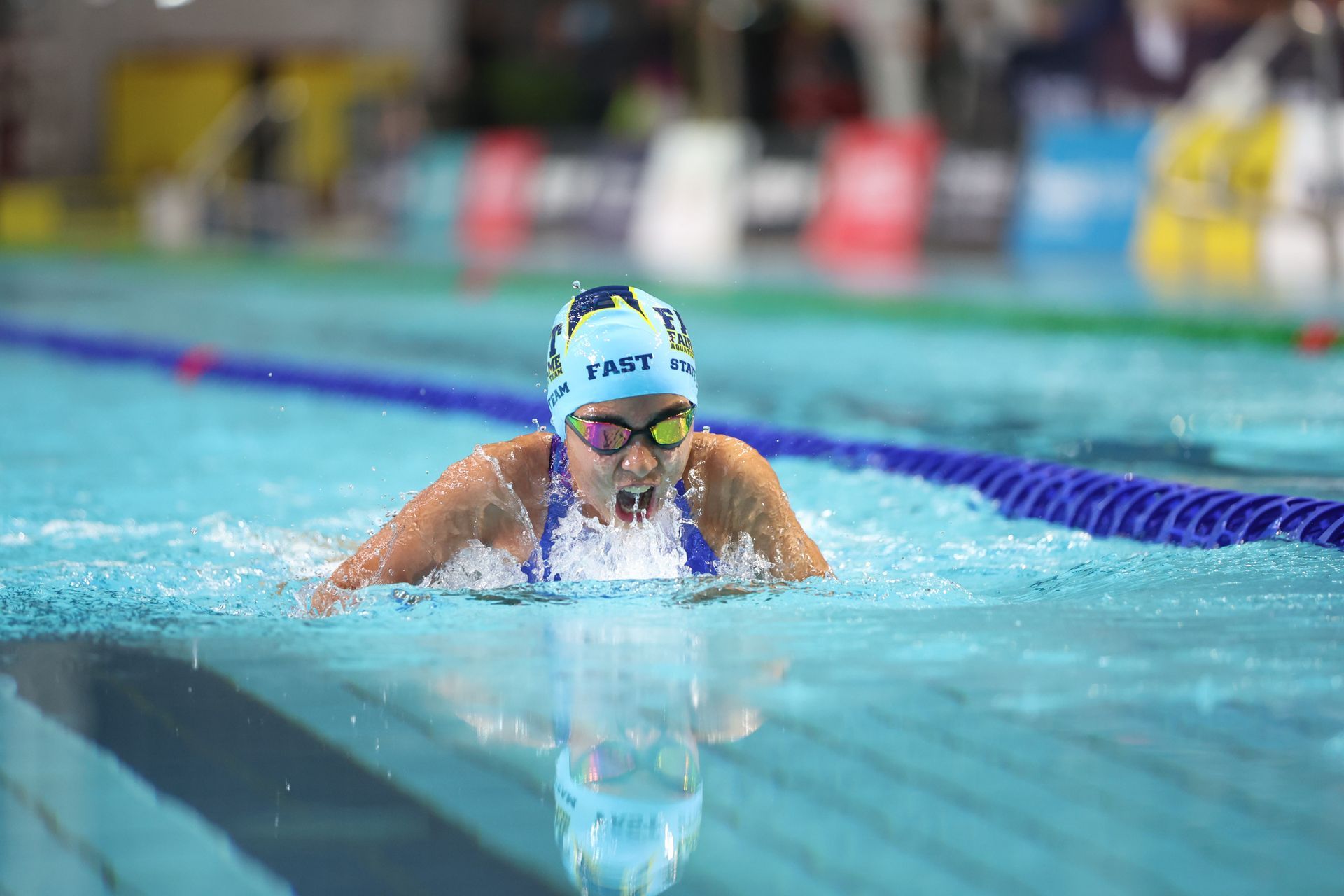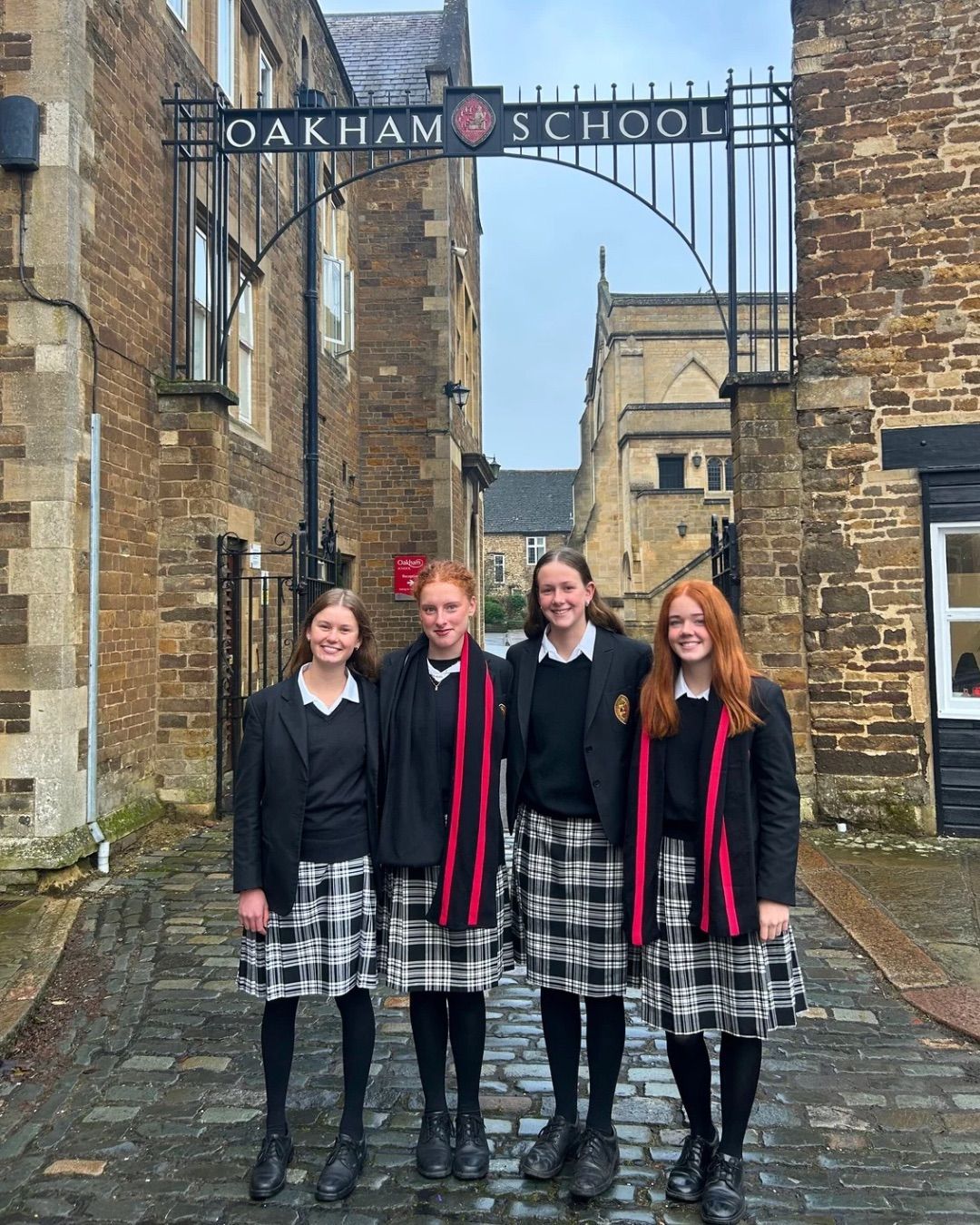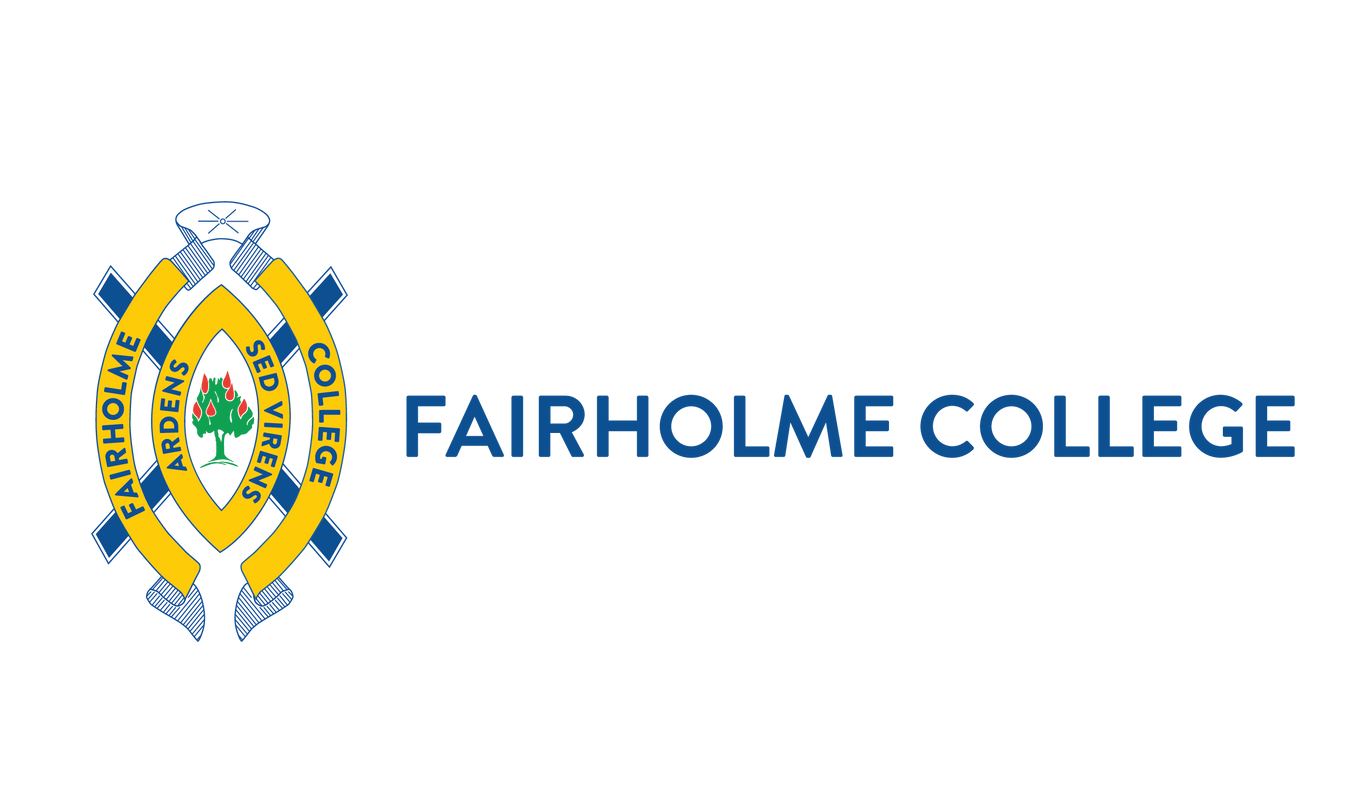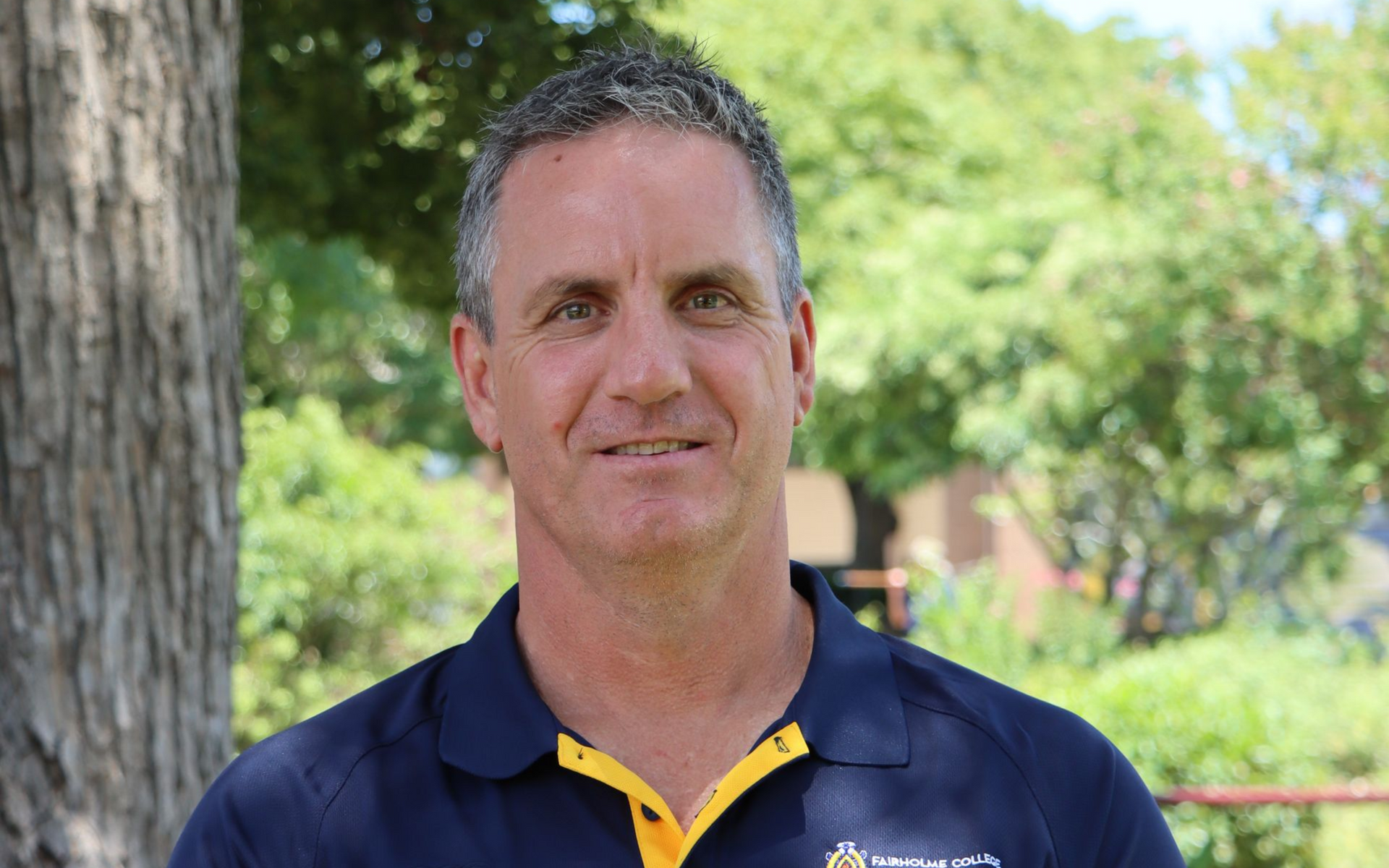Spilled Milk
‘There’s no use crying over spilt milk.’
It was a childhood truism for me, it seemed to be directed at me, often, by my practical mother and wise grandmother, especially. Perhaps I was an over-sensitive child, or magnetically drawn to that intensely human emotion of regret. Perhaps it was reflective of a time when the predominant mantra could just as easily have been, ‘Pick yourself up, dust yourself off, and get on with it.’ If only it were that easy … but in my childhood home there didn’t seem to be much scope for wallowing,nor the opportunity to slip too comfortably into the discourse of regret.
Yet, even now I’m pulled back to a memory, decades old. In the early morning heat of a Brisbane summer’s day, three children were standing on the footpath outside our front yard; the eldest was a girl with blond hair and a gingham dress. They were crying – crying over a shattered bottle of spilt milk, literally. It created a confusing moment for me, having been raised on the view that such a response was taboo. The confusion was cemented even more acutely because, when I ran inside (maybe even a little sanctimoniously) to report the bizarre occurrence to my mother, she looked out of the window, nodded, went inside, and grabbed her purse. Before I could make sense of the situation I found myself watching as she pressed coins into the hand of the oldest child – the blond girl in the gingham dress.
There’s a lot in that memory. My first understanding of the existence of poverty in my own neighborhood sits with a hard edge of reality in that memory, as does my mother’s pragmatic kindness. It also taught me (despite the mantra I had heard and learned) that there are times when crying over spilt milk is entirely appropriate – this was such an occasion. But, there are numerous other occasions in life where shedding metaphoric tears over milk that has been spilled is neither healthy nor helpful.
Psychologists and psychiatrists have produced a surfeit of research around this topic of regrets. Author, Mercedes Lackey, once wrote that the two saddest words in the world are ‘if only’. Whilst they can be sad and intensely wistful words, the ‘no regrets’ mantra – a feature of contemporary tattoos, hashtags and memes can be a cause for even greater alarm. Psychotherapist, Carolina Wrottsley, argues that ‘If you don’t feel regret and you’re without remorse, you [may] find yourself in the very difficult position of continuing to do something destructive without insight’ (cited in Sarner, 2019).
In other words, tears over spilled milk can, potentially, lead us on a learning path of regret, followed by remorse and eventually to an enriched way of thinking and living. Consultant psychiatrist, Carine Minne, says that remorse is ‘one of the most sophisticated experiences that someone can possibly have’ (cited in Sarner, 2019). Indeed, there is a functionality if regrets and remorse are able to propel us forward, to ensure that we avoid making the same mistakes again (MacLellan, 2018).
Like so much of our thinking, it’s not always easy to reframe. It’s easier to wallow at times, or to avoid letting go of our errors, or other’s errors; it sometimes feels that self-loathing is the most appropriate option. As Roese and Summerville (2005) discuss in their research paper, ‘What We Regret Most … And Why’, life abounds with choices – ‘some go well, some go wrong, and those gone wrong spell regret.’ I should have studied more. I should have said yes. I should have visited him, one more time. It is the regrets of inaction that, according to researchers, take the greatest toll, particularly the inaction of our ‘unrealized idealised selves’ (Davidai and Gilovich cited in Roese and Summerville, 2005); herein our imagination can seek out limitless unfulfilled opportunities. It is here that we can find ourselves stuck in self-hatred, rigidly using it as a stick to beat ourselves into immobility.
But, regret can also spur curative action. Regret can thrust us toward revised decision making and improvement in our approaches to life – if we so choose. Life is replete with choice. We can turn right to our should, or turn left to our could (MacLellan, 2018). I could have studied more. I could have said yes. I could have visited him, one more time. Losing the imperative ‘should’ from our language can be liberating, it can push us into a space of self-acceptance and self-compassion (Sarner, 2019). When the rigidity of holding onto our shoulds is loosened, we can ask better questions about things that we might do differently in the future. We can ask, ‘I wonder why I did that?’ We can say, ‘I would prefer to have said …’ or we can commit to saying, ‘It would have been good to have done that and I didn’t – next time I will…’
If it is spilled milk that we are continuing to cry over, it is helpful to remember that it is often long forgotten by most; often smaller in size than we imagine; often cleaned away without a lingering effect. To continue to conjure it in our mind’s eye is neither helpful, nor is it healthily sustainable. When we find ourselves stuck in regrets, our narrative can be rewritten, the script revised – and it can thus propel us to forgive ourselves, forgive others and to choose our next steps, wisely.
Appropriately, this article has been prompted in part by a quotation from the novel I am currently studying alongside my Year 10 English class – The Light Between Oceans. That’s the power of literature, the importance of language, and the value of reading … yes, and it’s an unashamed plug for the subject: English!
I can forgive and forget... it is so much less exhausting. You only have to forgive once. To resent, you have to do it all day, every day. You have to keep remembering all the bad things. (M. L. Stedman – ‘The Light Between Oceans’)
Dr Linda Evans | Principal
References
Connolly T, Zeelenberg M. (2002). Regret in decision making. ‘Current Directions in Psychological Science’. 2002;11:212–216.
MacLellan, L (2018). A New Study on The Psychology of Persistent Regrets Can Teach You How To Live Now ›
Roese, N.J. and Summerville, A. (2005) What We Regret Most… and Why › in ‘Personality and Social Psychology Bulletin’.
Sarner, M. (2019) Regret Can Seriously Damage Your Mental Health – Here’s How to Leave It Behind › ‘The Guardian’. 27 June 2019
Stedman, M.L. (2012). The Light Between Oceans. Random House Australia. North Sydney.
Zeelenberg M. (1999). The use of crying over spilled milk: A note on the rationality and functionality of regret. ‘Philosophical Psychology’. 1999; 12:325–340.
More News…







